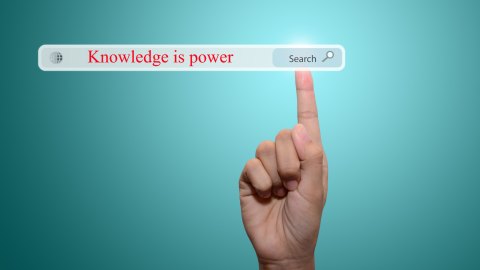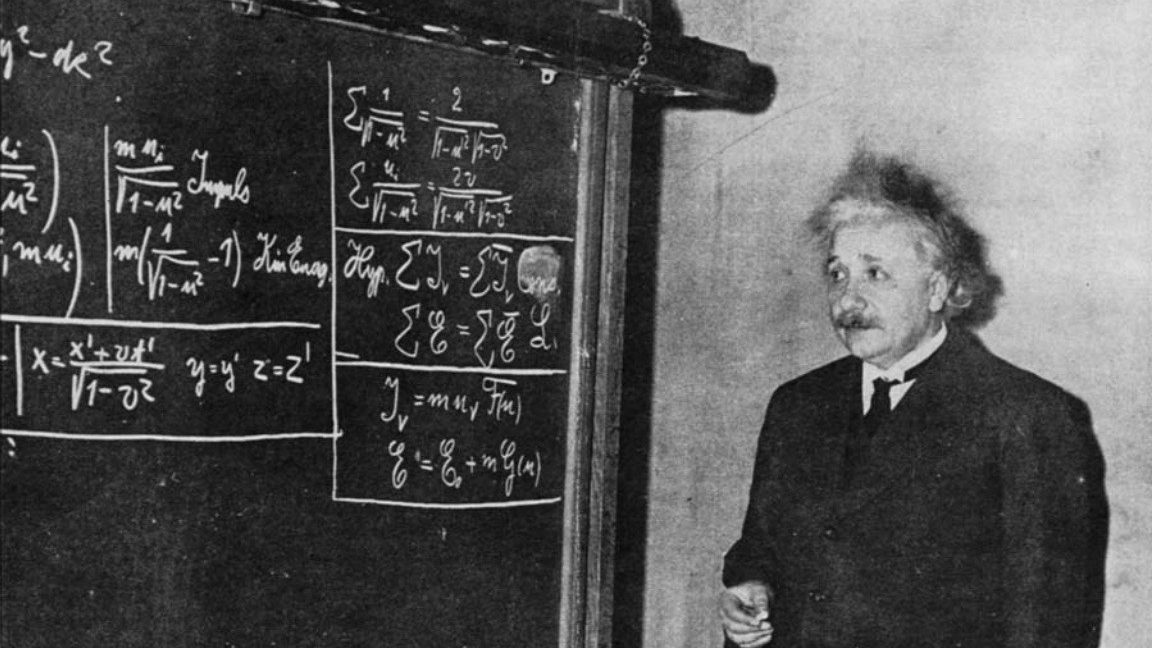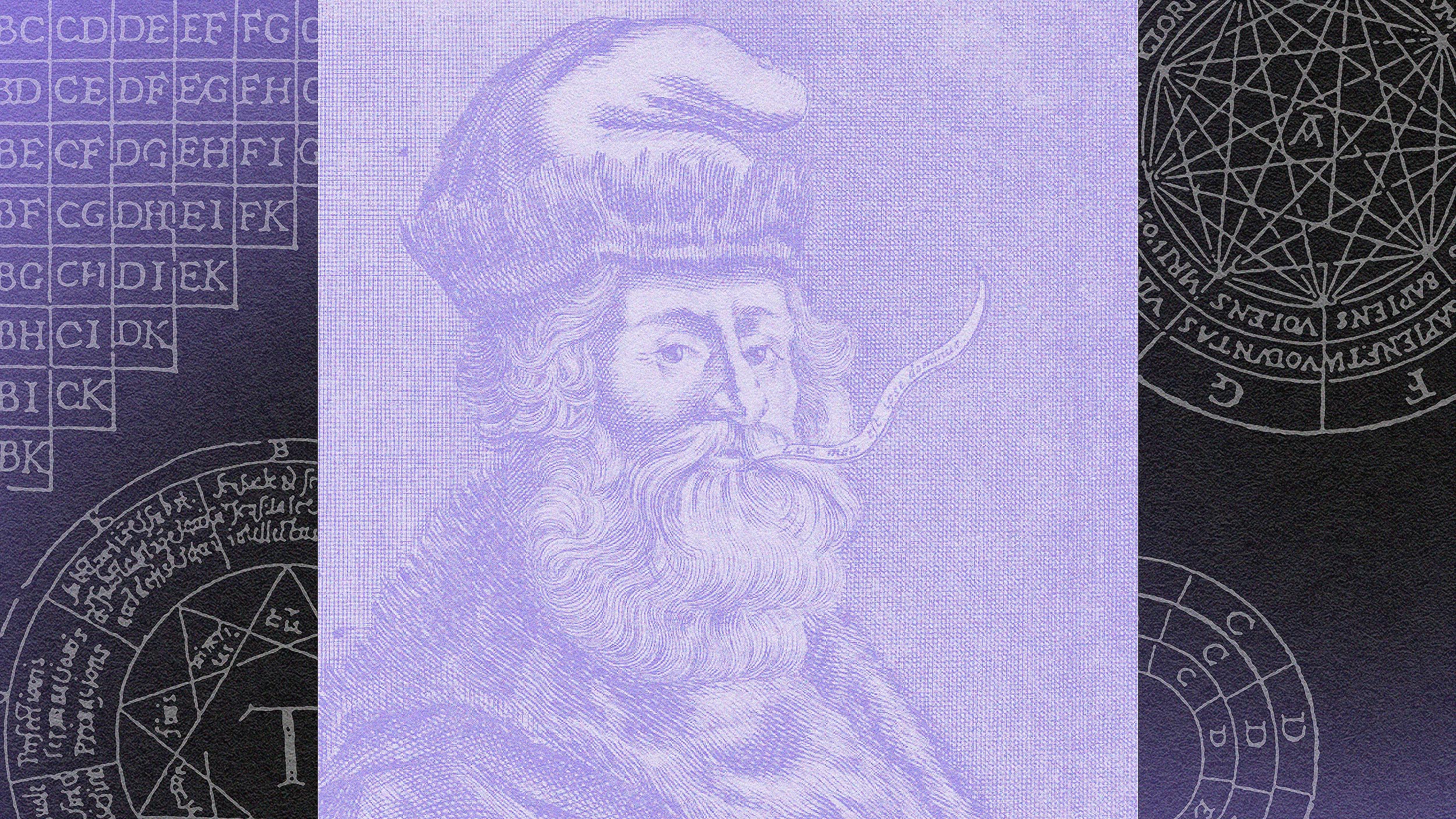Searching the Internet Creates an Illusion of Personal Knowledge

After doing a cursory internet search on a topic, do you feel like an expert?
As it turns out, most people do, according to Matthew Fisher who led the study “Searching for Explanations: How the Internet Inflates Estimates of Internal Knowledge” published in the Journal of Experimental Psychology.
He explained how our self-proclaimed intelligence can become inflated in a press release:
“It becomes easier to confuse your own knowledge with this external source. When people are truly on their own, they may be wildly inaccurate about how much they know and how dependent they are on the internet.”
In this internet society many of us don’t require expertise in much of anything nowadays, just the ability to filter and search for the right information. Good research skills are what’s in high demand these days and the ability to access this external knowledge may lead us to believe we’re more knowledgeable.
Fisher and his team of researchers tested this idea in nine separate experiments that included anywhere from 152 to 302 participants in an online survey. In one of the experiments, one group was asked to research four questions, such as, “How does a zipper work?” and to provide the link that they thought supplied the best answer. Meanwhile, a control group was asked to read a text document about how zippers work, for example.
Then the two groups were asked to rate their ability to answer unrelated questions, such as “Why are cloudy nights warmer?” But they didn’t have to answer those questions.
The researchers were astonished at the results: The internet search group consistently rated themselves as more knowledgeable than the control group. An interesting result to say the least.
It seems the internet has a kind of ego-boosting effect when it comes to how we perceive our own intelligence when we’re in “search mode.” But it’s not just internet access that gives us this inflated sense of self. Science Daily writes, “When the internet group members were given a particular website link to answer questions, they didn’t report higher levels of personal knowledge on the unrelated topics than the control group.”
It’s this active “search mode” that turns us on.
Fisher said:
“If you don’t know the answer to a question, it’s very apparent to you that you don’t know, and it takes time and effort to find the answer. With the internet, the lines become blurry between what you know and what you think you know.”
In this case, people may have trouble distinguishing between real, acquired knowledge and assumed expertise.
Read more at Science Daily.
Photo Credit: Shutterstock
As for the future of internet searches, Microsoft Senior Director of Search Stefan Weitz thinks that search will become as dated as someone saying “I’m going to get online.” He believes search will become naturally integrated into our systems the way our browsers and the internet are so seamlessly a part of our computing experience:





